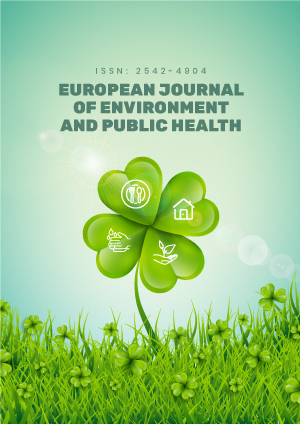Abstract
Background: The irrational use of antibiotics is one of the leading causes to antibiotic resistance affecting the public’s health. This study aimed at examining the public’s knowledge, attitude, and practice in a Southern village of Lebanon.
Methods: A quantitative cross-sectional survey was conducted in Haddatha Village-Beint Jbeil in South Lebanon during the month of October 2017. The target population for the survey included Lebanese adults (21 years of age or older) that had been living in the Village for at least the past 3 years.
Results: All households were targeted, of whom 91 agreed to participate (86%), within the same household, we surveyed only one member. More than half of the respondents were misinformed about antibiotics usage to treat viral infections (60.4%), almost 30% reported that it cures all infections and 26.4% assumed that they can stop taking the antibiotic before completing the course if their symptoms improved. Half of the respondents (48.4%) conveyed expecting their physicians to prescribe antibiotics to treat common cold. On the other hand, 60% do not usually seek medical care when sick because they think that it is not needed. The results, also, showed that almost 30% take antibiotics without a physician’s prescription. Approximately, half of the population reported consuming leftover antibiotics (50.5%), with only 5.6% waiting more than 4 days to start an antibiotic course.
Conclusion: This study reflects several misconceptions and poor knowledge regarding antibiotics use, with an exhibition of contentious attitude and practice. Therefore, it is recommended to advocate for policies to control the misuse of antibiotics through public health interventions targeting individuals and their families to limit antibiotic resistance.
Keywords
License
This is an open access article distributed under the Creative Commons Attribution License which permits unrestricted use, distribution, and reproduction in any medium, provided the original work is properly cited.
Article Type: Research Article
EUR J ENV PUBLIC HLT, Volume 5, Issue 2, 2021, Article No: em0088
https://doi.org/10.21601/ejeph/11111
Publication date: 23 Jul 2021
Article Views: 5461
Article Downloads: 3527
Open Access References How to cite this article
 Full Text (PDF)
Full Text (PDF)